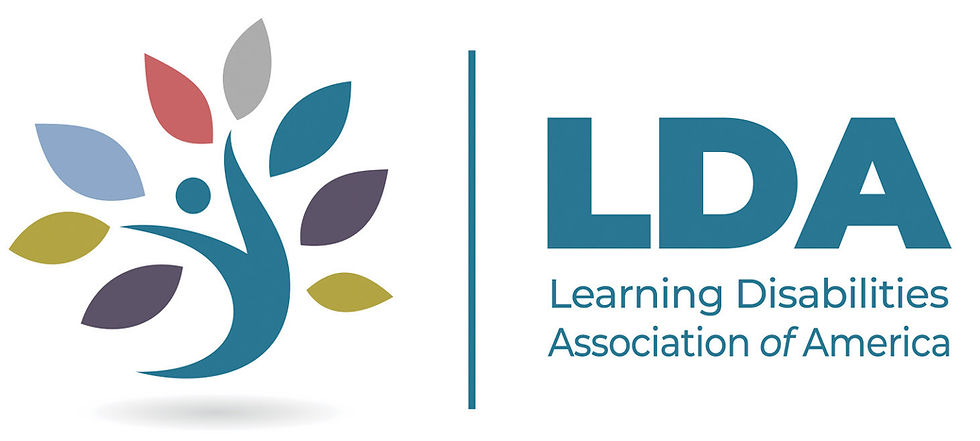Navigating Dysgraphia in Upper Grades: How to Support Your High School Student
- Dysgraphia Life

- Nov 14, 2025
- 3 min read
Recently, the Dysgraphia Life Webinar Series welcomed Dr. Ricia Weiner, a seasoned school
psychologist with extensive experience supporting students in high school settings, to share key insights and actionable advice for parents and teachers navigating dysgraphia in the upper grades. Dr. Weiner's presentation demystified the eligibility processes for 504 plans and IEPs, offered strategies for effective collaboration between families and schools, and underscored the importance of self-advocacy for teens with dysgraphia.
A few important takeaways were:
Understanding Eligibility and School Evaluations
Dr. Weiner emphasized that schools must follow federal and state criteria—instead of medical diagnoses—when determining eligibility for services under Section 504 or special education (IEPs). She clarified that a student may have a private diagnosis of dysgraphia but still not qualify for school-based services unless the disability is demonstrated to impact educational access or performance.
"Under special education, the questions that get asked are, 'Does the disability adversely affect educational performance?' That's that educational impact. And 'Does the student require specially designed instruction?' So is there some sort of instructional need that the student requires in order for them to access their education?"
She also broke down how school-based psychoeducational evaluations differ from private ones, with both providing valuable insights but serving distinct functions. School evaluations are team-based, involve multiple professionals (psychologists, teachers, counselors, etc.), and must adhere to strict legal timelines. While private evaluations can guide home and therapeutic supports, schools may not always adopt all private recommendations.
Effective Collaboration: Parents as Equal Team Members
A recurring theme in Dr. Weiner’s webinar was the importance of collaborative relationships between families and schools. Parents are equal partners in team meetings and should feel empowered to contribute their unique perspective about their child. Dr. Weiner recommends arriving at meetings with prepared questions, such as “How does my child's writing compare to peers?” and “What supports have been tried before?” She highlighted practical ways for parents to share home-based data, like documenting time spent on homework, to help the team fully understand challenges that might not be visible during the school day.

Accommodations, Strategies, and Interventions
Dr. Weiner distinguished between strategies (good classroom practices), interventions (targeted support to build skills), accommodations (bridges to access learning, such as extended time), and modifications (changes in expectations). She advised that accommodations should be customized to what a student needs in their specific setting, and reminded families that these supports may evolve over time as students become more independent.
Empowering Student Self-Advocacy
High school is a crucial training ground for independence. Dr. Weiner strongly encouraged involving students in meetings and decision-making processes, helping them build self-advocacy skills that will be essential in college and beyond. She suggested specific practice phrases for students, like “Typing helps me organize my thoughts,” and recommended students keep a copy of their 504 or IEP plan for reference.
Transitioning Beyond High School
Dr. Weiner clarified that IEP and 504 plans apply only in K-12 settings. When it comes to College Board or ACT accommodations, families must submit separate applications, often with help from the school counselor or case manager. In college, students themselves must request accommodations through the disability services office and provide recent documentation.
Thanks to everyone who attended live—the engaged questions and collective commitment to supporting students with dysgraphia made for a dynamic discussion. If you missed it or want a deeper dive, you can watch the full recording and access Dr. Weiner’s handout on our dysgraphiaLEARN site.
Key Takeaways:
School teams and families should maintain open, solution-focused communication.
Schools assess when the learning disability adversely affect educational performance and intervention/accomodation is required for a student to access the curriculum
Parents should keep track of home data and share it proactively.
Encourage and equip students to advocate for their needs in school and for future opportunities.
With teamwork and informed advocacy, students with dysgraphia can thrive in high school and beyond.




Comments